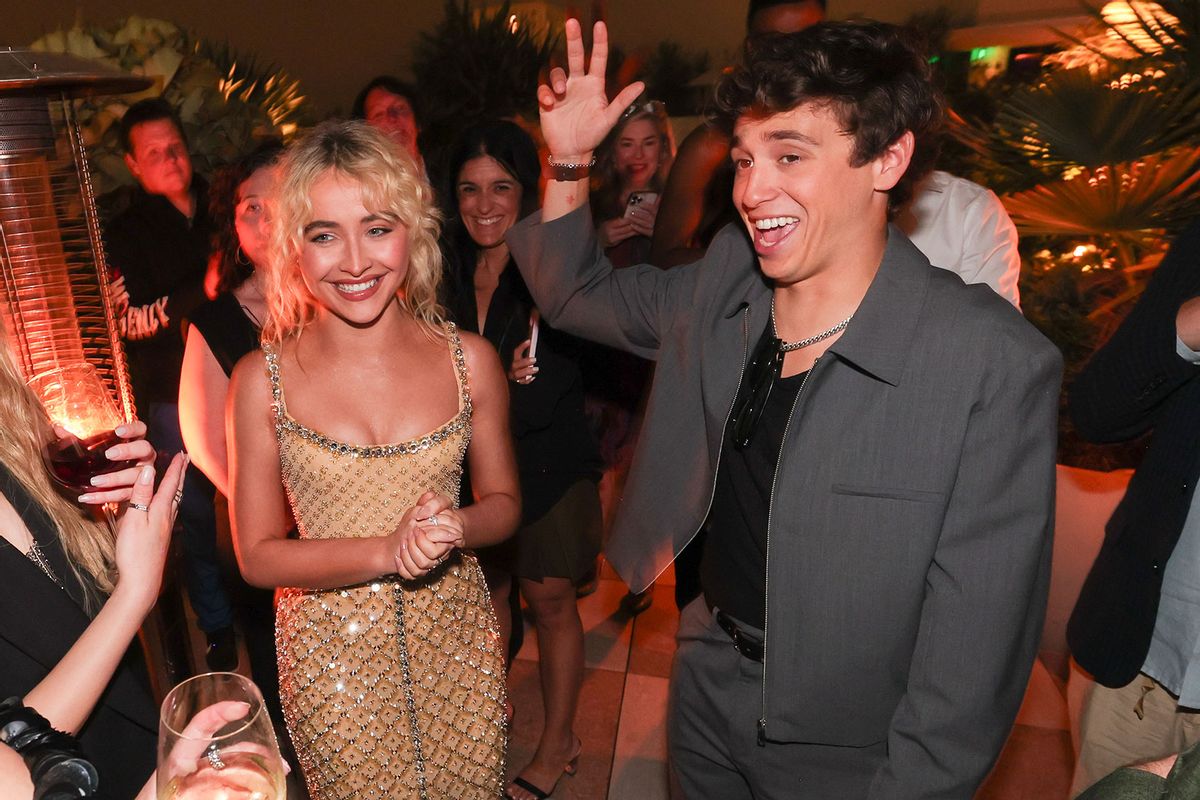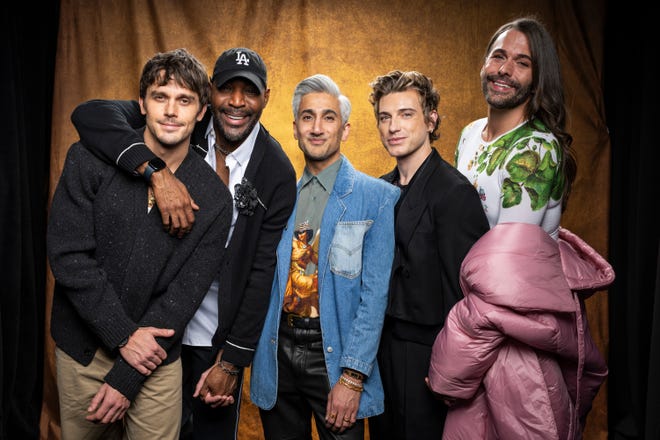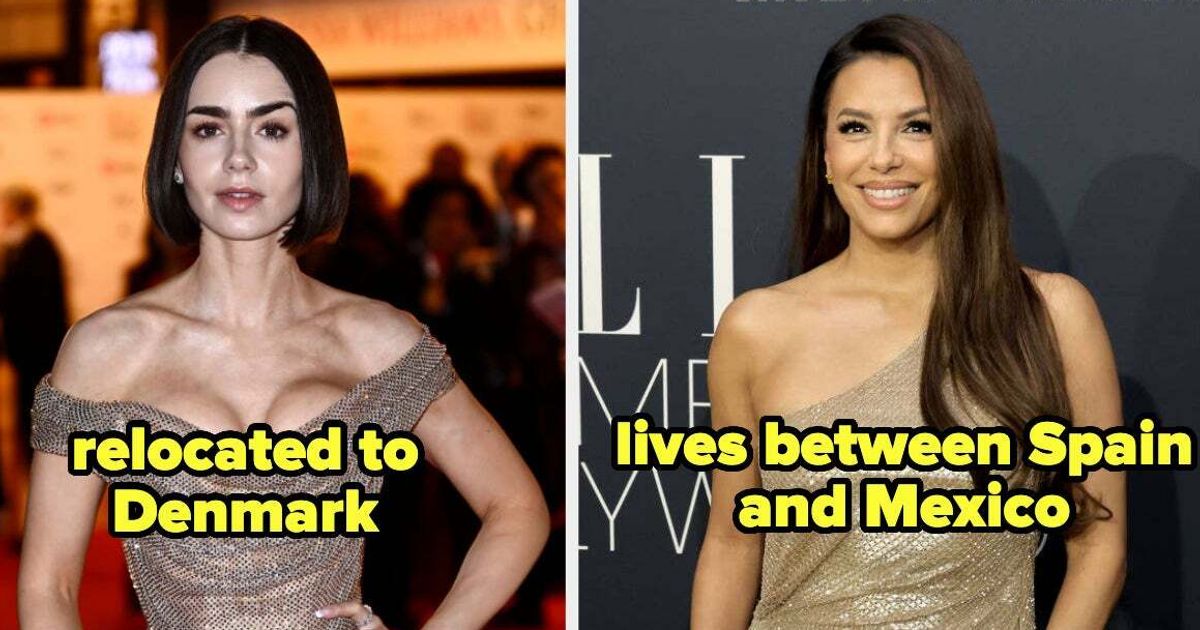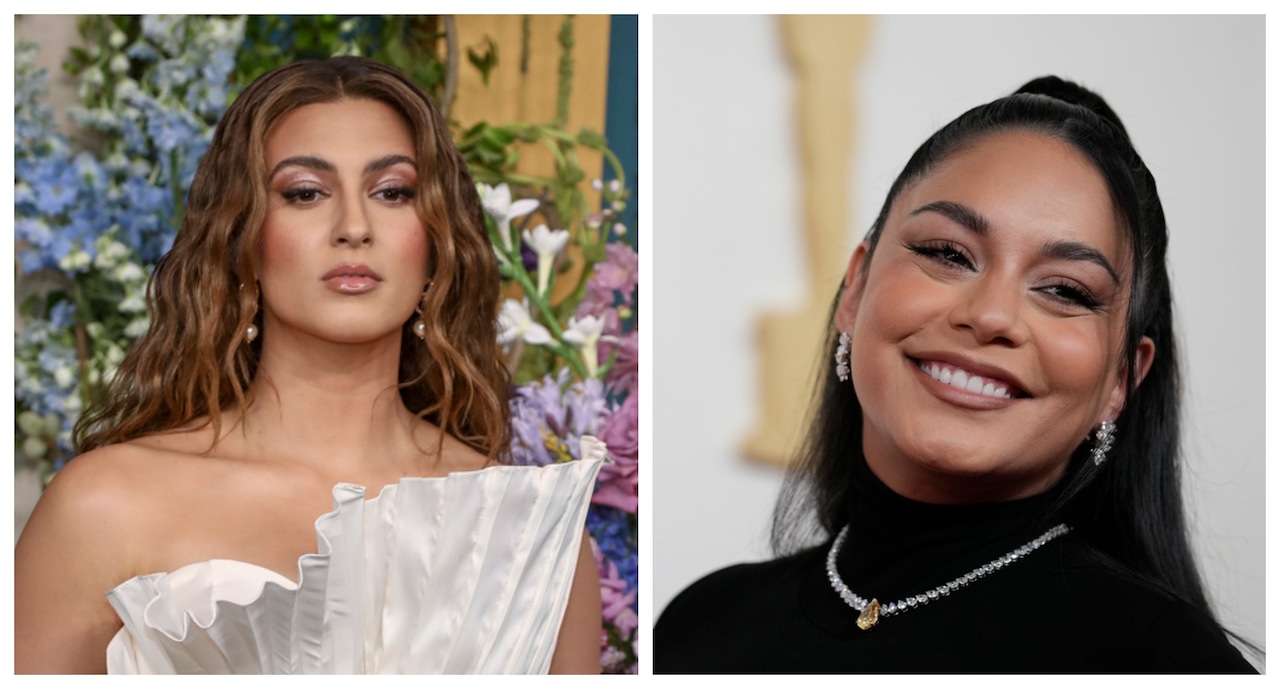Bryn Terfel – Still, Still, Still
Still, Still, Still is a cradle song – a lullaby – that originated in Austria in the mid-1800s. I first sang it under the baton of Mack Wilberg, the music director of the Mormon Tabernacle Choir. He penned this version with a beautiful string arrangement. At a drop of a hat, I sing it in every Christmas concert.
I do apologise for choosing my own version.
Alison Balsom – For Unto Us, a Child Is Born (from Handel’s Messiah)
The Christmas track that I have selected is from Handel’s Messiah. The recording that I have loved for years is by William Christie and Les Arts Florissants. There’s something about this particular movement: it starts in a very elegant, refined way, and when the chorus come in, it’s just so full of joy and glory. Nothing could sum up Christmas better than this.
By the end you can’t help but sing along, perhaps even dance on the table. It’s a very festive movement from a very festive piece.
Dalia Stasevska – En Etsi Valtaa, Loistoa (Sibelius)
This might come as a surprise for many, but Sibelius composed five really beautiful Christmas carols. En Etsi Valtaa, Loistoa – which translates as “Give me no splendour, gold or pomp” – is definitely my favourite. It is a song that wishes for world peace and a happy Christmas to the wealthy and the poor. We always sing this with my family after we’ve had a big Christmas dinner together. I read that Sibelius’s daughter Margareta Jalas said that this carol had a special place in their own family Christmas celebrations in their Finnish home, Ainola. While Christmas carols were usually accompanied by Sibelius himself on the piano, this particular carol was always accompanied by his wife, Aino Sibelius.
Charlotte Ritchie – The Lamb (Tavener)
My choice is The Lamb by John Tavener. Although I’m a huge fan of upbeat joyful carols, I remember one Christmas going upstairs for a bit of respite, just a moment of quiet because Christmas can be quite full–on depending on how many people you have around. Tavener’s piece was on the radio and I just sat and listened to the whole thing. It was such a beautiful moment of calm, and when the choir fully comes in and those lower harmonies come through, I think it might be one of my favourite moments in any piece of music.
Ken Burton – The Candlelight Carol (Rutter)
One of my favourites is The Candlelight Carol by John Rutter. It has a lot in it that I am drawn to in music generally: richness of language, beautiful melodic contours, effective harmonies that create different moods and atmospheres, as well as melancholic moments mixed in with more comforting and warm moments. It is skilfully done by Rutter, who combines elements of the traditional with the contemporary. I recall recording this with Aled Jones for a BBC broadcast at Union Chapel in London, and there’s nothing like that special ambience and tingle-factor when you have a beautiful Christmas song like this being delivered in a church. As the song says, it really did feel like angels were singing.
Rick Wakeman – In the Bleak Midwinter (Rossetti/Holst)
I’ve loved In the Bleak Midwinter since I was a small boy. With the carol’s lyrics taken from the incredible poem by Christina Rossetti, alongside the fantastic music of Gustav Holst, you’ve got a real Christmas classic. In the 1970s, I also came across a version of it by Michael Bentine of The Goons, where he sang it as a choirboy who was having problems after eating too many sprouts. It was a very funny and very clever version. Can I find it anywhere? No … but in the meantime, you can’t beat the proper version.
Eleanor Oldroyd – O Magnum Mysterium (arr Lauridsen)
The piece I’ve chosen is Morten Lauridsen’s setting of O Magnum Mysterium. I sing in the choir of my parish church in south London and practising and performing the music for the service of lessons and carols is one of my favourite parts of Christmas. Over the years we’ve sung works full of bells ding-donging and general wassailing. This, though, is a tranquil depiction of the great mystery of a virgin birth in a humble stable in Bethlehem. To me, there’s a whispered quality to the first part of the piece, as if the animals are tiptoeing around so as not to wake the sleeping baby. It then builds to a dramatic climax, with the altos getting some of the best moments, which as a soprano makes me a little bit jealous, but as it’s Christmas we’ll let them enjoy those moments of glory. In the 30 years since it was written, Lauridsen’s setting has become one of the most-loved festive choral pieces, and even though it does get performed at other times of the year, for me it always breathes Christmas.
Isata Kanneh-Mason – Carol of the Bells (arr Williams)
Carol of the Bells is one of my absolute favourite Christmas carols, and it’s also one of the carols that I’ve often heard sung live by choirs at Christmas concerts. I used to have Christmas carol concerts with some friends, and they would sing it as a group, creating all these lovely experiences and memories. I think the sound of an a cappella choir singing is so beautiful, and it reminds me of being with friends and family. Carol of the Bells is also such an elaborate composition; so simple but so effective, and I love the canon in the music as well.
Courtney Pine – We Free Kings (arr Kirk)
My choice is a version of a track that I used to sing as a youngling at Wilberforce primary school on Beethoven Street in Paddington, where I sang We Three Kings in the nativity play. A few years later, when I became inspired by the music called jazz, a blind American saxophonist and flautist’s creativity allowed me to see this classic Christmas carol in a completely different way. The emotion, intensity and spirit that Rahsaan Roland Kirk invoked in this performance made me feel the essence of this melody. And even though the vocals are missing, the words still resonate with me, even during these turbulent times. “We three kings of Orient are, bearing gifts we travel afar” – what a great opening line to begin in a positive, instrumental improvisation, especially when the opening line is transformed to the title of this performance We Free Kings.
Lucy Worsley – In the Bleak Midwinter (Rossetti/Darke)
I’ve chosen In the Bleak Midwinter, which is a little bit off-kilter for a carol – it’s not all upbeat and celebratory or Christmassy, it’s actually really poignant. The words are by the Victorian poet Christina Rossetti, who’s someone I think today we’d describe as having lived with depression. She had dark times in her life and the carol is all the more beautiful because though it’s very sad, it ends with a message of hope. It says you may be humble, you may have nothing, but you still have something you can give the world: the gift of your heart. So lovely! There are two version of the tune – there is the better-known version, and there is a second version written by the composer Harold Darke – this one is harder to sing, but to my mind so much more beautiful! When I was making a programme about the history of Christmas carols, we filmed it being sung by Emma Yembe, a chorister in the Ely Cathedral Girls’ Choir, on a dark winter morning in the great cathedral, while snow fell outside. It was a moment that made the hairs stand up on the backs of our necks.
Angel Blue – The Christmas Song (Tormé/Wells)
My song of choice is The Christmas Song, written by Mel Tormé and Bob Wells. This song is special to me because while growing up in southern California the holiday season was filled with love, laughter and good conversations with my five siblings and our parents, sitting in our living-room eating my mum’s homemade sweet potato pie. The Christmas Song creates a very special scene, with imagery of the holiday season – of Jack Frost nipping at your nose, reindeers flying, chestnuts roasting on an open fire, and that beautiful seasonal greeting we give to kids aged one to 92: “Merry Christmas!” While the song was made famous by the great Nat King Cole, my favourite rendition of this beautiful ballad was sung by my late father, Sylvester Blue [this is the version that will be broadcast and available on BBC Sounds].
Danielle de Niese – What Sweeter Music (Rutter)
My choice is What Sweeter Music by John Rutter. Tenebrae’s choral version is my absolute favourite, and I was very fortunate to have them perform at my wedding, and I have a very special place in my heart for this song as I was married in December, we chose this song to be performed just after we were married. It echoed throughout St Bart’s Church in Smithfield while we were signing the register – we were so happy. And love of course was already in the air, but the piece just brought home the reminder of the spirit of God and Jesus during the holiday season.
Rufus Wainwright – Cantique de Noël (O Holy Night)
My favourite Christmas carol is Minuit, chrétiens, which is also known as O Holy Night – but it is actually called Cantique de Noël, and it was written by Adolphe Adam. I love singing it because it is very athletic, and when you hit the very high note at the end it can be a real showstopper – if you hit it, that is! I do it every Christmas in our family Christmas show and so far I am hitting those high notes. Let’s hope it stays that way!



